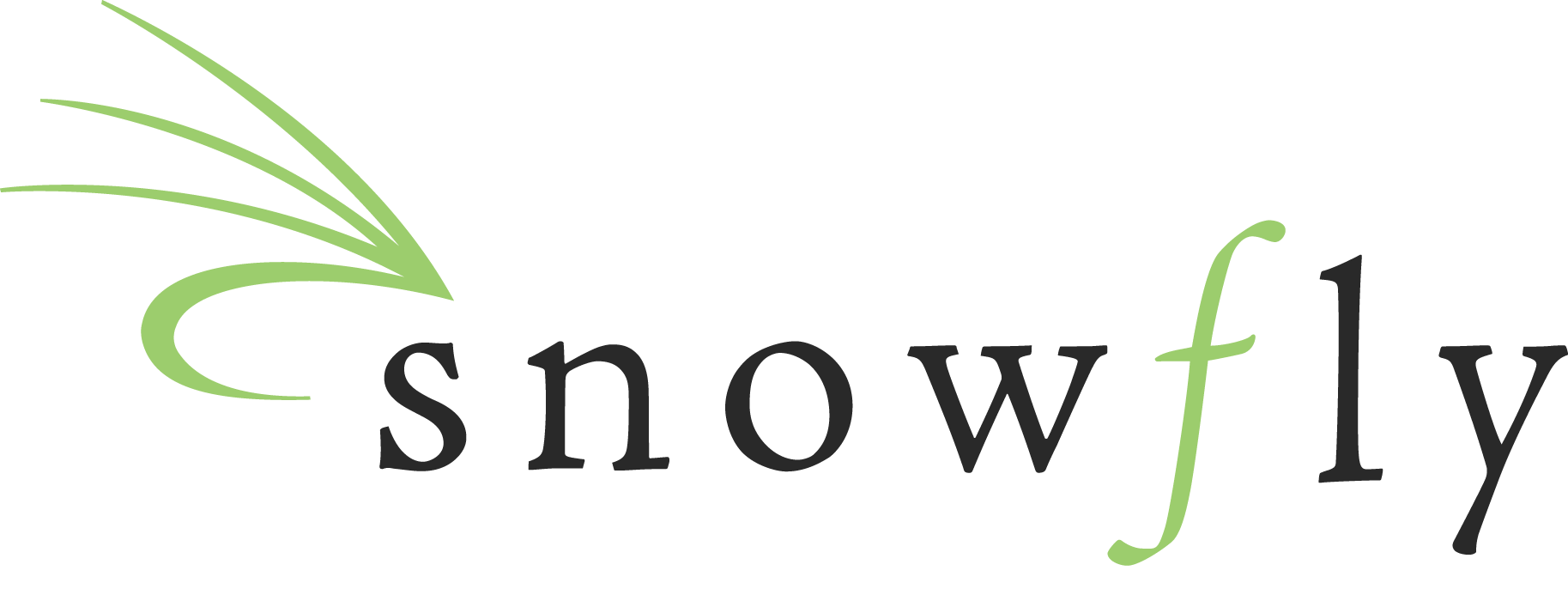
Bad news for all the bosses who think they’ve been doing a wonderful job. According to this article, productivity has dropped 7.5% JUST LAST QUARTER.
But wait, it gets worse! That is the largest decrease since 1947.
Seriously, this is not good. If you read that article you’ll see that this is bad from an economists perspective (recession looming?), but we want to tackle it from an employee perspective. Afterall, we’re all about employee culture and everything that means: productivity, retention, satisfaction, even your employer brand.
We want you to increase employee productivity. Your employees want it, too! Here are seven ways you could do that:
Decrease Your Work Hours to Increase Employee Productivity
This could mean different things to different organizations. Manufacturing hours worked are different than software hours worked. A new company has different needs than a more mature company with better, proven systems in place.
But we’re guessing you have employees who work way, way more than their scheduled and paid hours. This could be because work expectations are unreasonable and they simply can’t fit it all into their workday. Or, it could be because they are workaholics, or they love getting overtime. Maybe there really is just that much work to do, it will never be done, and we are in a culture of “just one more email before I sign off!”
Whatever the reason, there’s a conversation to be had at the executive level about ensuring your employees are not burning out. Working too much, combined with unreasonable expectations, can lead to burnout. Working too many hours can be counterproductive… or, put another way, lead to a decrease in productivity.
Leaders and managers should tune in to the work environment, their expectation, and the mental health of their team, and make sure they are explicitly clear that while sometimes you need to put more hours in, that is the exception rather than the rule.
Emphasize Working While at Work
At one of my jobs they were excellent at making sure we didn’t work too much. They emphasized “the work would still be there tomorrow,” and we needed to go home. They were excellent at saying, “It’s five, go home!” I heard that more than once.
In return, there was an expectation that we would work while at work. Instead of sitting on social media, scrolling for a short “break,” or goofing off, or having too much non-work-related water cooler time, we needed to get our work done.
I appreciated that expectation. At first I felt bad leaving at five, but once I realized I put in 100% of my effort during work hours I had no regrets. They expected me to bring my best and I did. Contrast that to other jobs where roles and expectations where ambiguous, where after hours work was pretty much expected, and it was easy to rationalize. You might say, “I worked all weekend, I can take a little longer break today.” Those “little longer” breaks can add up and productivity can go down.
Create a culture of focus and productivity at work and make sure you respect your employees’ time off. The time you get from them is precious to you. Their time away from work, calls, and unreasonable expectations is precious to them. Respect that.
Increase Employee Productivity by Reducing Meetings
There are gazillions of articles online about how counterproductive meetings can be. We’re not saying they are all useless, but many of them are not run well. We’ve all been in meetings that should have ended earlier. We’ve all been in meetings that should have been an email!
Meetings can be important. They can run better. We certainly invite you to help your team understand their time is valuable by running better meetings. Make them feel their time is important by the way you treat their, and your, time!
In addition to running better meetings (more focused, shorter, outcome-based, etc.), think about what meetings you should have anymore. I bet you can easily cut 10% of your organization’s meetings, or the time spent in meetings.
A few years ago, I read a startling statistic that programmers spent a very low portion of their workday coding and a very high portion in meetings. I don’t remember the numbers I read but it was higher than what I thought it should have been. I bet if you ask your team, they could give you an idea of time wasted in meetings, and even tell you how to make them more efficient (or, which ones should go). This should have a measurable impact on your effort to increase employee productivity.
Incentivize Taking Vacation Time
Going back to burnout… in addition to working more than their scheduled hours, your employees are likely not taking their vacation time they are earning. Sometimes people choose to not take the time so they can cash out later (like, when they retire). Other times, and worse, they feel like they can’t actually take the time away from their work. This is a management and communication issue. You need to make sure they know they are appreciated and valuable. They also need to leave for a while.
When a key employee leaves you get an important opportunity to see how the rest of the team/system functions without them. You can gauge just how important they are to your system. You really don’t want the entire system depending on a certain key player to be there all the time.
Adjust your system, if needed. But invite your employees to build balance in their life by not being at work all the time. In that company I was talking about they celebrated each of us having non-work things to go home to. That might have been family or loved ones, hobbies, sports, or whatever. They made a point to celebrate what we did outside of work with the idea that we could find joy and fulfillment in our life unrelated to our jobs.
Don’t you think that might help increase employee productivity?
Communicate Expectations Better to Increase Employee Productivity
I wanted to say “have regular one-on-ones,” but then I realized that might look like it was in conflict with the “have fewer meetings” from above.
But really, have regular one-on-ones. These are key meetings where you can ensure you are on the same page with your reports. They will feel less detached from management. You can decrease miscommunication, adjust expectations, and realign your team one at a time. This is a special, focused conversation that you must do.
Before I had one-on-ones I would have felt this was just a fluffy waste of time. Once I started having one-on-ones that were effective my thinking changed. They became one of my most favorite parts of the week. Each week was different… sometimes I’d get to brag about my work (or have my boss recognize and brag on my work). Other times we spent the whole meeting talking about my family or personal life. Or we might talk about projects (which wasn’t ever the bulk of our meetings).
I loved feeling connected to my boss, knowing what his priorities were, and feeling like I was aligned with those priorities. Having those regular meetings kept that feeling of alignment intact, which was invaluable. It also made me want to be more productive because I felt a part of the team.
Reward Employees Smarter
At Snowfly we love employee rewards. We love to tie incentive and other rewards into a gamification model, which allows you to get more value out of each dollar spent on rewards. We love rewards programs that outlast the honeymoon phase, and provide value to your organization and your team for years.
Incentives and rewards can be based on performance or effort. They can be based on employee or manager recognition. Our special approach helps ensure your rewards program is effective and doesn’t get stale.
Alternatively, we’ve seen rewards programs that turn into entitle programs. Expectations are created which can make your incentives program counterproductive. Or, the flash and sizzle wears off and there is no incentive in your incentives program.
This isn’t easy, which is why we invite you to talk to one of our incentives and rewards experts. We’ll walk you through the elements of a good program, and make sure you get a program that works for your organization and circumstances. We’ll continue to work with you, over time, to ensure your program doesn’t fizzle. Instead, it should be a key element in your overall employee productivity strategy.
Want to talk about this with us? We’d love to spend time going over your needs and questions. Get ahold of us and let’s get on a call!

